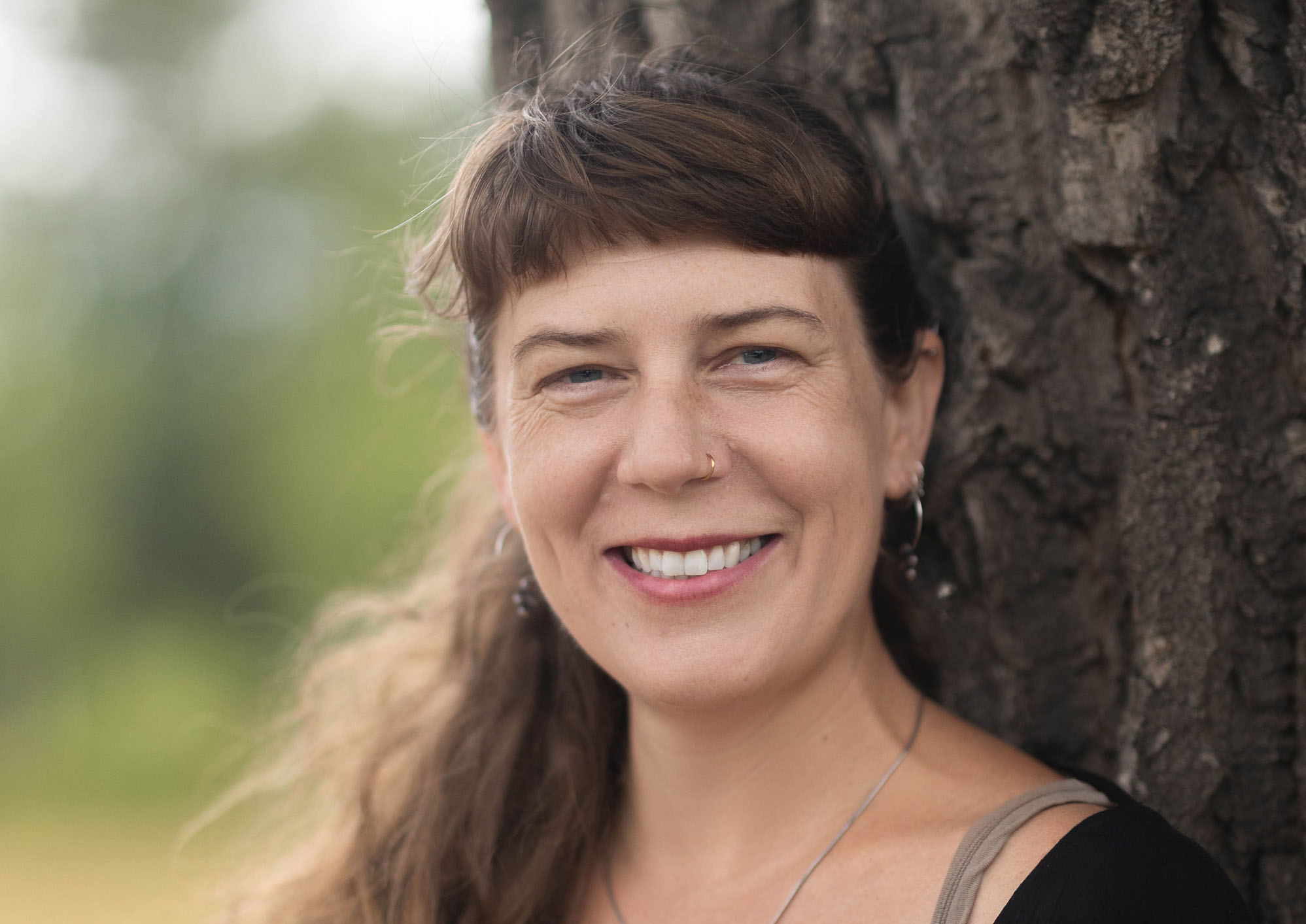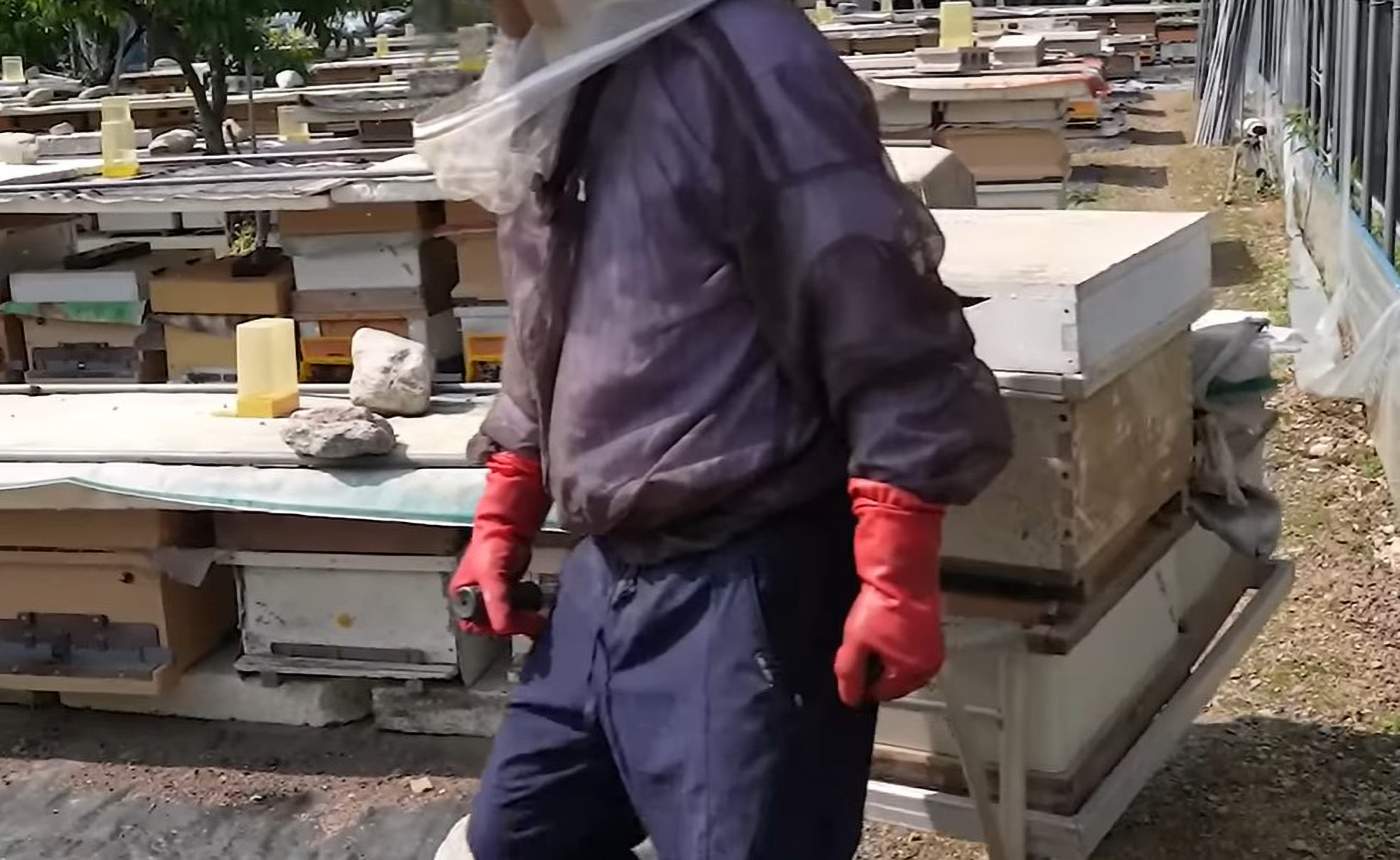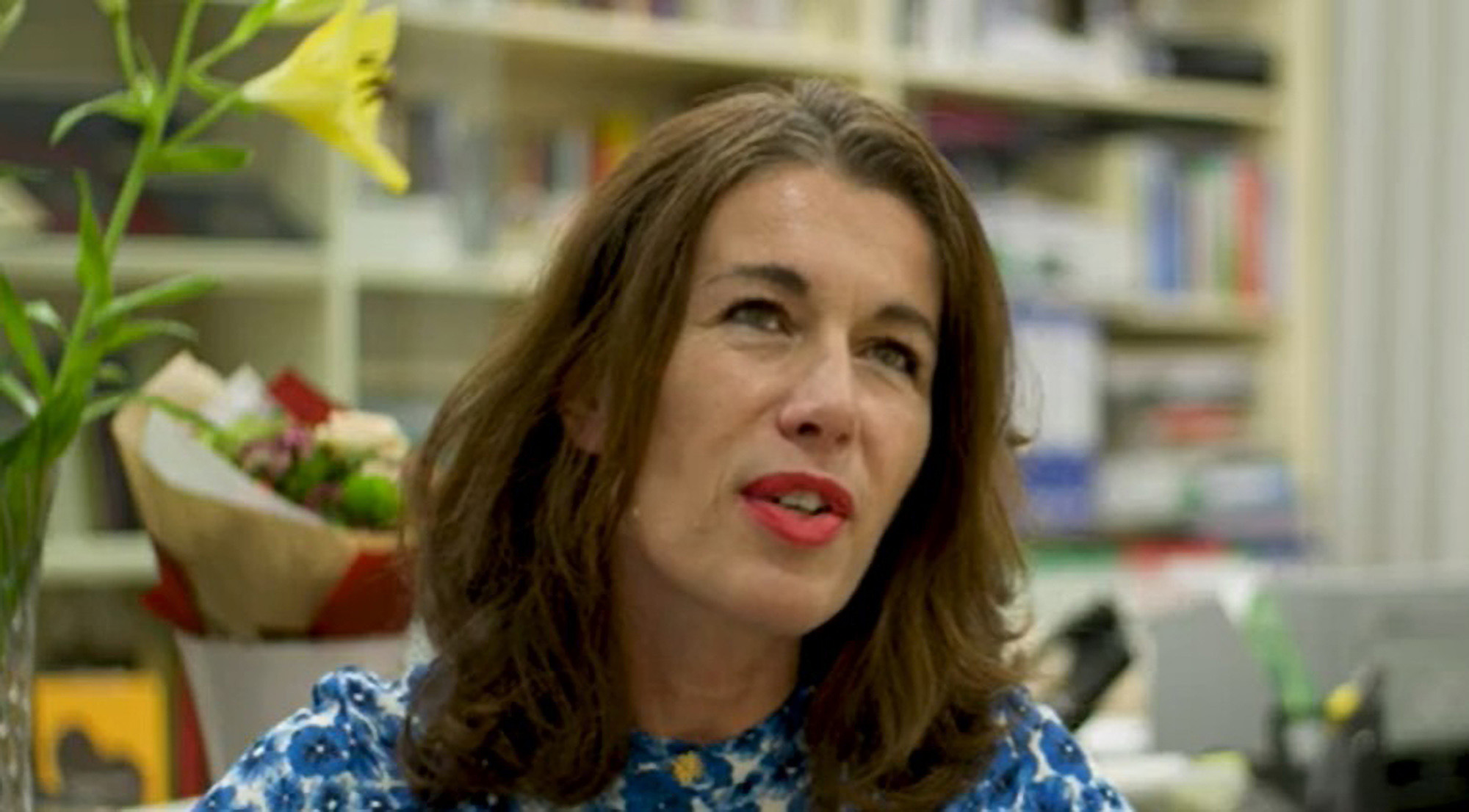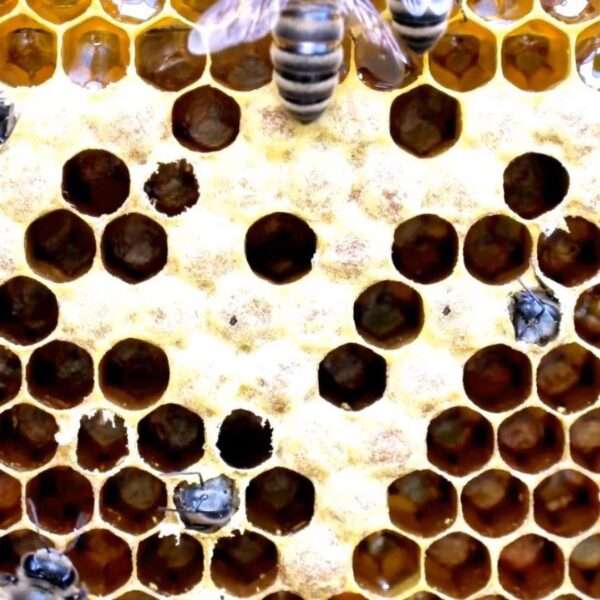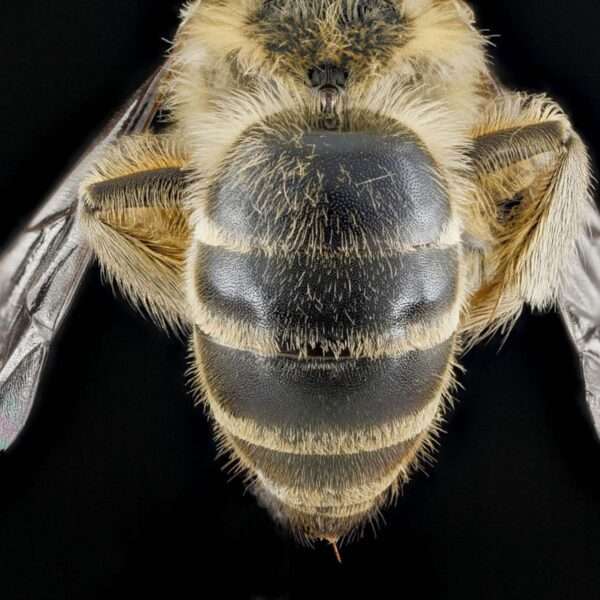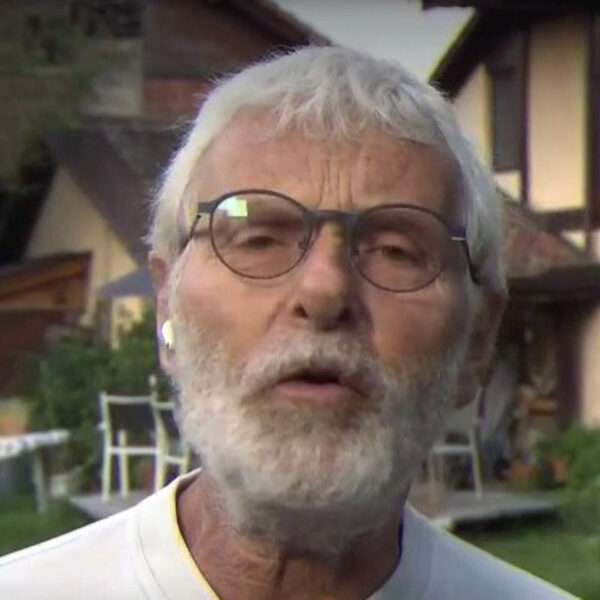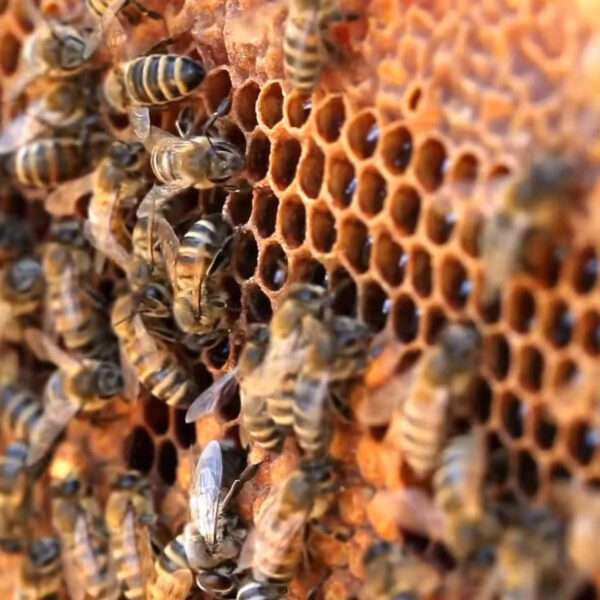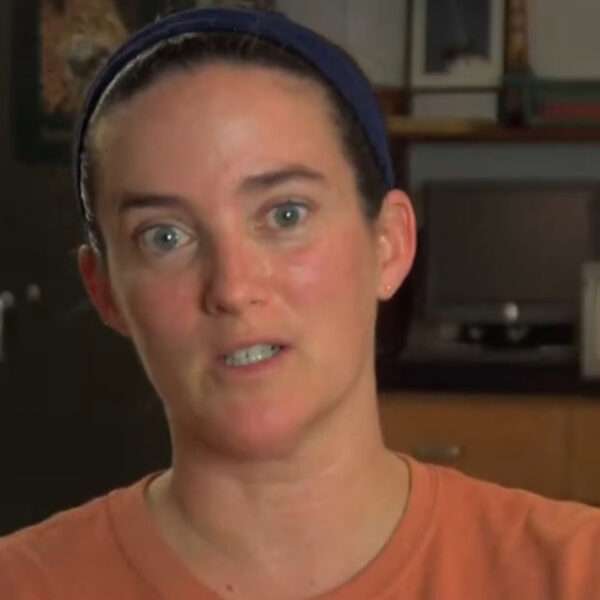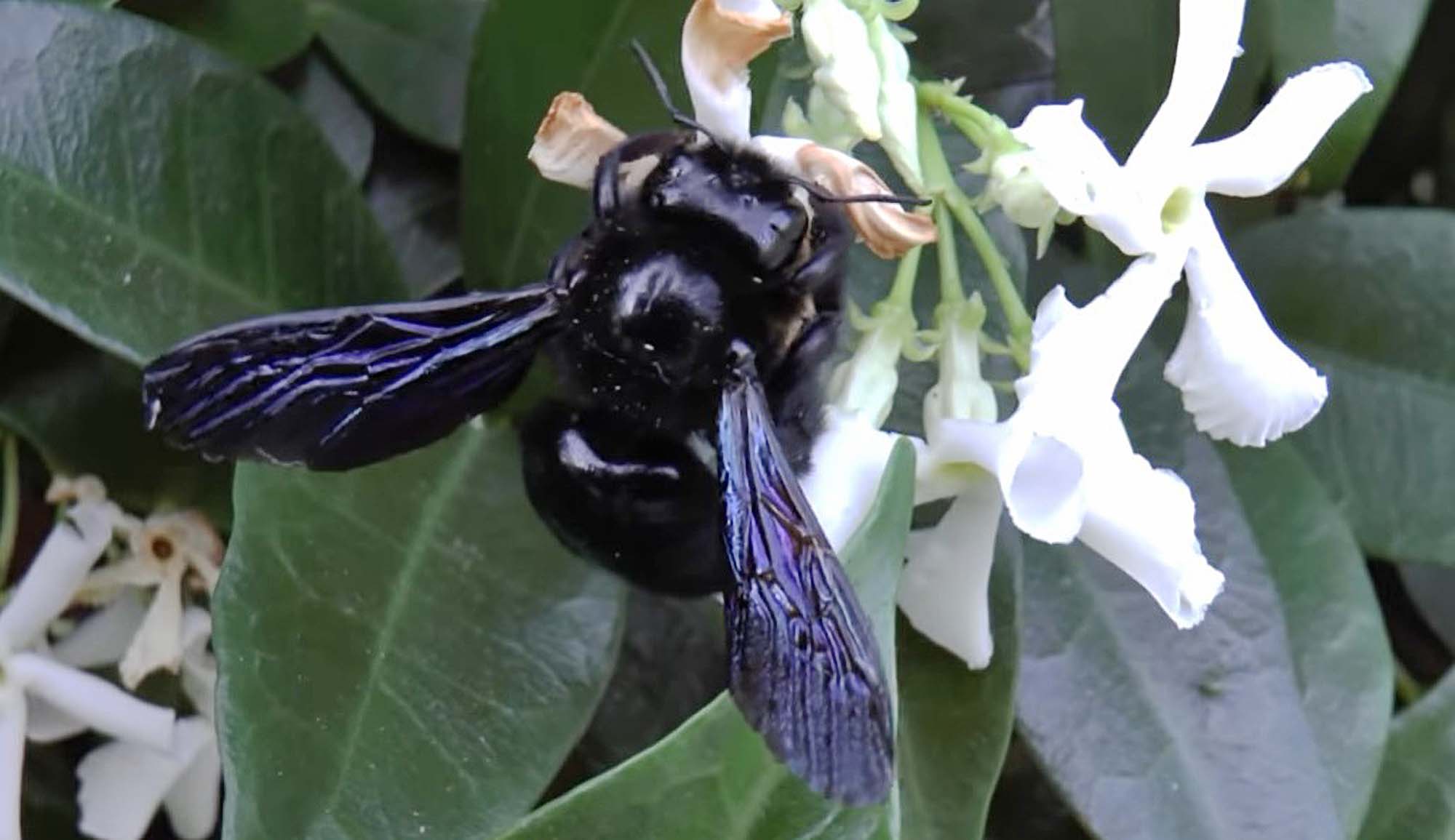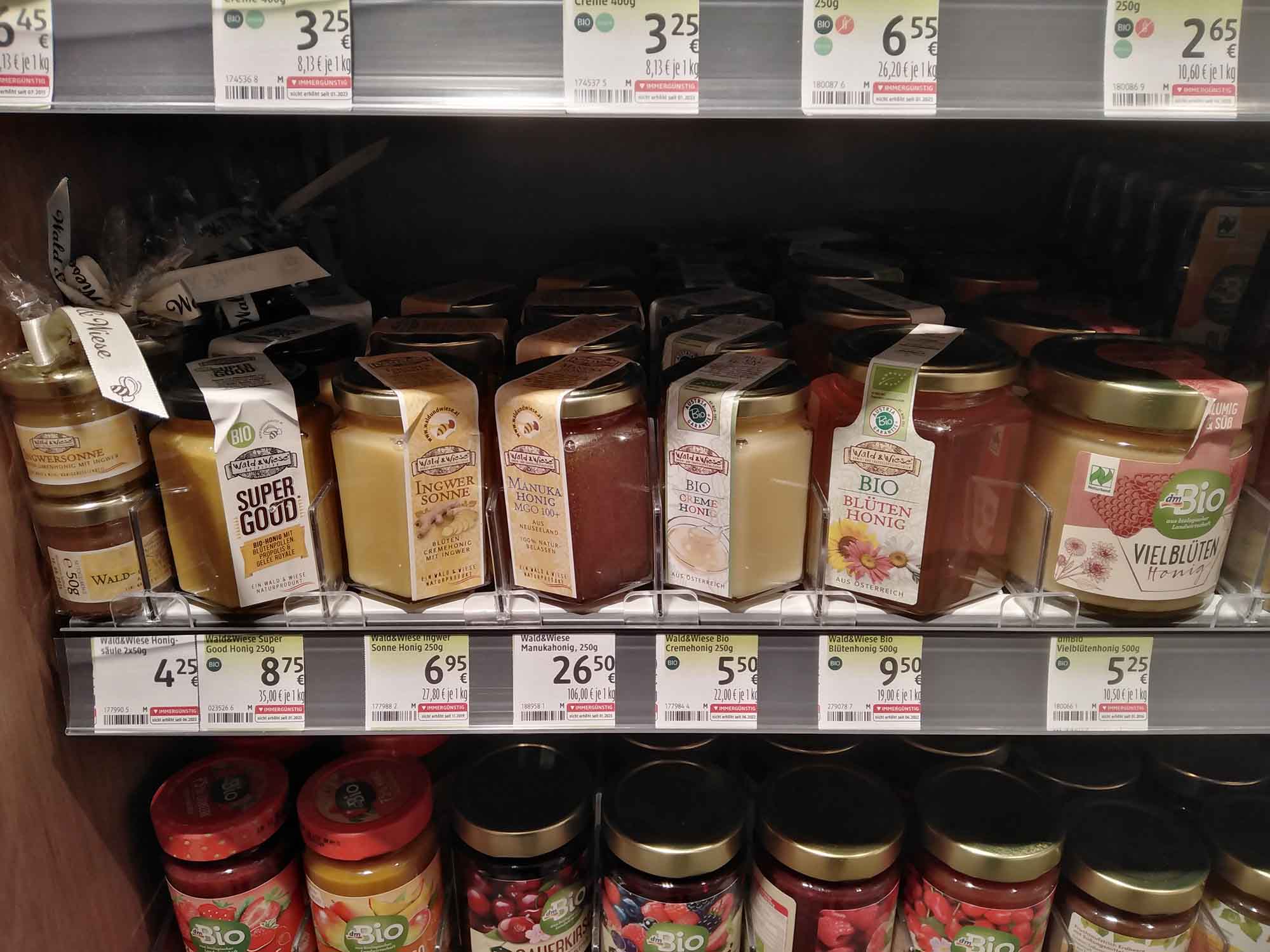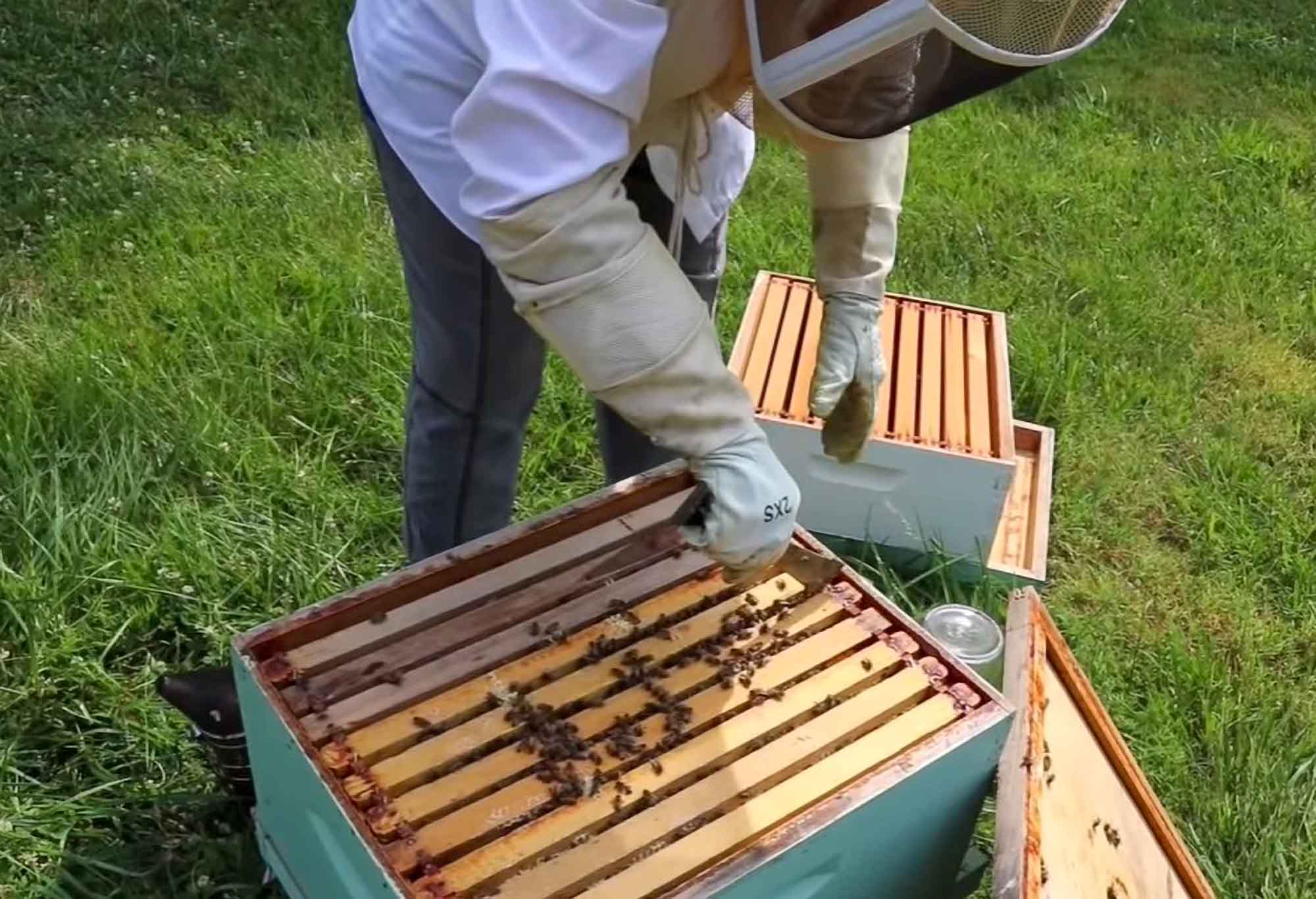A natural reserve in northeastern Austria has lost more than a dozen undomesticated pollinator species, a renowned scientist has revealed.
Dr Dominique Zimmermann from the Natural History Museum (NHM) in Vienna was part of a group of researchers who investigated the fauna at the Sandberge Oberweiden conservation area in Lower Austria‘s Marchfeld region.
The entomologist told NewsX: “Fourteen species that were once recorded are now considered to not exist anymore in the whole of Austria. From the 1960s to today, the overall number of solitary bee species at the Sandberge Oberweiden Reserve shrank by more than 50 per cent: from 246 to 119.”
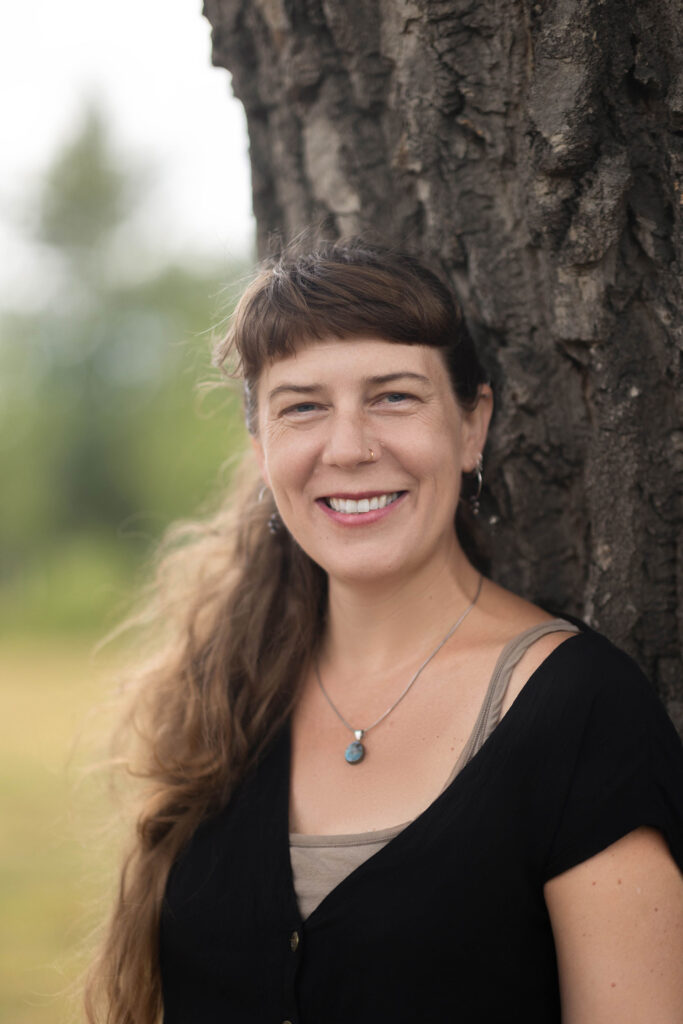
Dominique added: “We assume that there are multiple causes for this development.
“One reason might be that, over the years, the accumulation of nutrients in the soil has changed the grassland plant biodiversity in this steppe-like environment.”
Speaking to NewsX, she added that biodiversity could have been impacted by fertilisers that drifted into the sedimentary basin after having been applied to nearby crops.
Dominique emphasised: “Austria is a solitary bee hotspot. There are more than 700 different species.”
She told NewsX: “The province of Lower Austria is home to more wild bees than Germany.”
Dominique and her colleagues at the NHM cooperated with scientists from the Viennese University of Natural Resources and Life Sciences (BOKU) in conducting their study.
Speaking about the survey at the Sandberge Oberweiden Natural Reserve, she explained: “We collected solitary bees over a long period of time to determine the current situation. Fortunately, there were researchers who did the same in the 1930s and 1940s. We compared our findings with their data.”
NewsX asked Dominique how individuals with no scientific expertise could support endangered bee species.
She argued: “Anyone who owns a garden should grow native wild plants.
The NHM is one of Austria’s largest non-university research institutions. Its staff features 60 scientists.
The Sandberge Oberweiden Natural Reserve is situated around 30 kilometres (19 miles) wast from Vienna and just a few kilometres from the Austrian-Czech border.
Solitary bees such as the various ground-nesting species play an important role in stabilising local ecosystems. They do not produce honey but pollinate flowers and plants.

